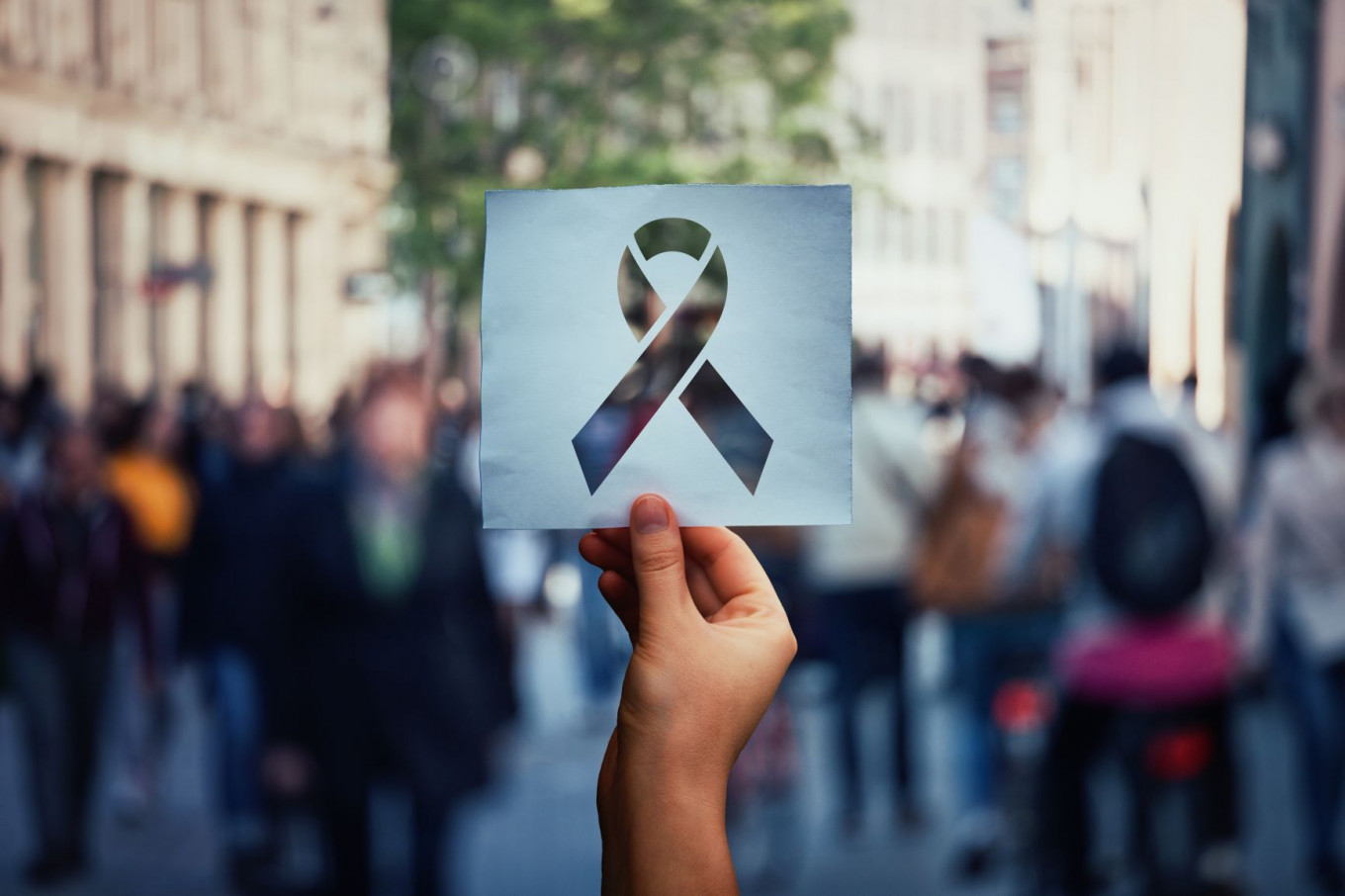Popular Reads
Top Results
Can't find what you're looking for?
View all search resultsPopular Reads
Top Results
Can't find what you're looking for?
View all search resultsBetween women, the dictionary and society
What saddens me more is that our misogynist society includes people who are religious.
Change text size
Gift Premium Articles
to Anyone
P
osts on social media about the word perempuan (woman) drove me mad last month. The subentries of this word in the Great Dictionary of the Indonesian Language (KBBI) include perempuan geladak (prostitute), perempuan jalang (bitch), perempuan nakal (bad girl) and perempuan simpanan (mistress), which are all derogatory and may stigmatize women
Many protesters have accused the dictionary’s drafting team of being blatantly misogynists. They assume the team has the authority to choose only positive phrases to be listed in the subentries. The Language Development and Fostering Agency, the composer and publisher of the dictionary, was held responsible.
I almost joined the chorus of criticism, until I related it to my own experience in conducting linguistics research. As a researcher who gathers data from what is produced by speakers of a language in society, I have to make sure that I deliver the language phenomena found as genuine as they are, without taking into account morality or any other issues.
Researchers are supposed to uphold integrity. They do not have the privilege to change or choose their findings — neither does the dictionary’s drafting team. It conducted corpus-based linguistics research and found out that the usage of those negative phrases in our society was very high. As a consequence, the phrases have to be listed in the subentries of the word perempuan.
Because the team simply displays what it found in Indonesian society, it is not fair to label its members as misogynists or sexists.
It is safe to say that the KBBI is a factual representation of what is uttered and written by speakers of the language. So, if there is a side to be held responsible for what is listed under the word perempuan, it is our society — our misogynist society.
What saddens me more is that our misogynist society includes people who are religious. Religions have been trusted as institutions of capable and expected to elevate women’s value in society. However, the case of the dictionary implies that our religious-yet-misogynist society is keen on stigmatizing women.
For this reason, then, next time you hear a religious leader insist that there is no need for feminism in the struggle for gender equality, you can consider such a statement a lie. Rather than polarizing, religion and feminism can work together to promote gender equality.
More proof of our misogynist society can also be identified in the treatment of singer Ayus and the vocalist of his religious band, Nissa, with whom he was caught having an affair. This was recently a trending topic in mainstream and social media. Even though it was predictable, the bullying against Nissa by netizens was upsetting.
It is worse when netizens lash out at a woman whom they say has disgraced her veil and Islam. On the other hand, netizens seemed to neglect the active role of Ayus, who in my opinion has manipulated a young woman to willingly engage in a disadvantageous affair with someone else’s husband.
From this case, it can also be inferred that our society created the word pelakor, an acronym for perebut laki-laki orang lain (man-stealer). The male, meanwhile, is considered a victim, thanks to the “privilege of patriarchy”. There is no equivalent word for a man who is engaged in an affair.
This massively used term even makes me wonder, however, if pelakor will become a new entry once the dictionary is updated.
I am also fascinated by the words that mostly follow duda (widower) and janda (widow). The word duda is mostly followed by keren (cool). On the other hand, the word janda is frequently connected with genit (flirty) and gatal (itchy), apart from the more common additive like kembang, which forms a phrase that means a young widow.
The phrase duda keren, of course, has a more positive meaning compared to janda kembang, janda genit and janda gatal , which is the product of the patriarchal culture in our society.
The aforementioned connections between women, the dictionary and society lead me to conclude that achieving gender equality will never be easy. As long as our society is misogynist and people are proudly using the word pelakor or the phrase janda gatal, we cannot hope that the subentries of the word perempuan in the KBBI will be changed soon.
Language is always ruled by power. The choice of words, for example, is determined by the power in society. And that power is patriarchy.
Aside from women’s participation in politics, public policy-making and non-domestic activities, women can also contribute to diminishing the domination of the patriarchy and attaining gender equality by doing simple things that are performed on a daily basis through, for example, using more positive language.
Intensifying the use of positive phrases about women can be a way to eliminate and change the stigma against women in our society. If that happens, we can hope that more positive phrases like perempuan cerdas (intelligent woman) and perempuan berdaya (capable woman) will enter the dictionary.
The emergence of positive phrases about women can be a benchmark to measure how far we — as a society — have come in achieving gender equality.
***
The writer is an independent researcher in linguistics, with a master’s degree in English education.










